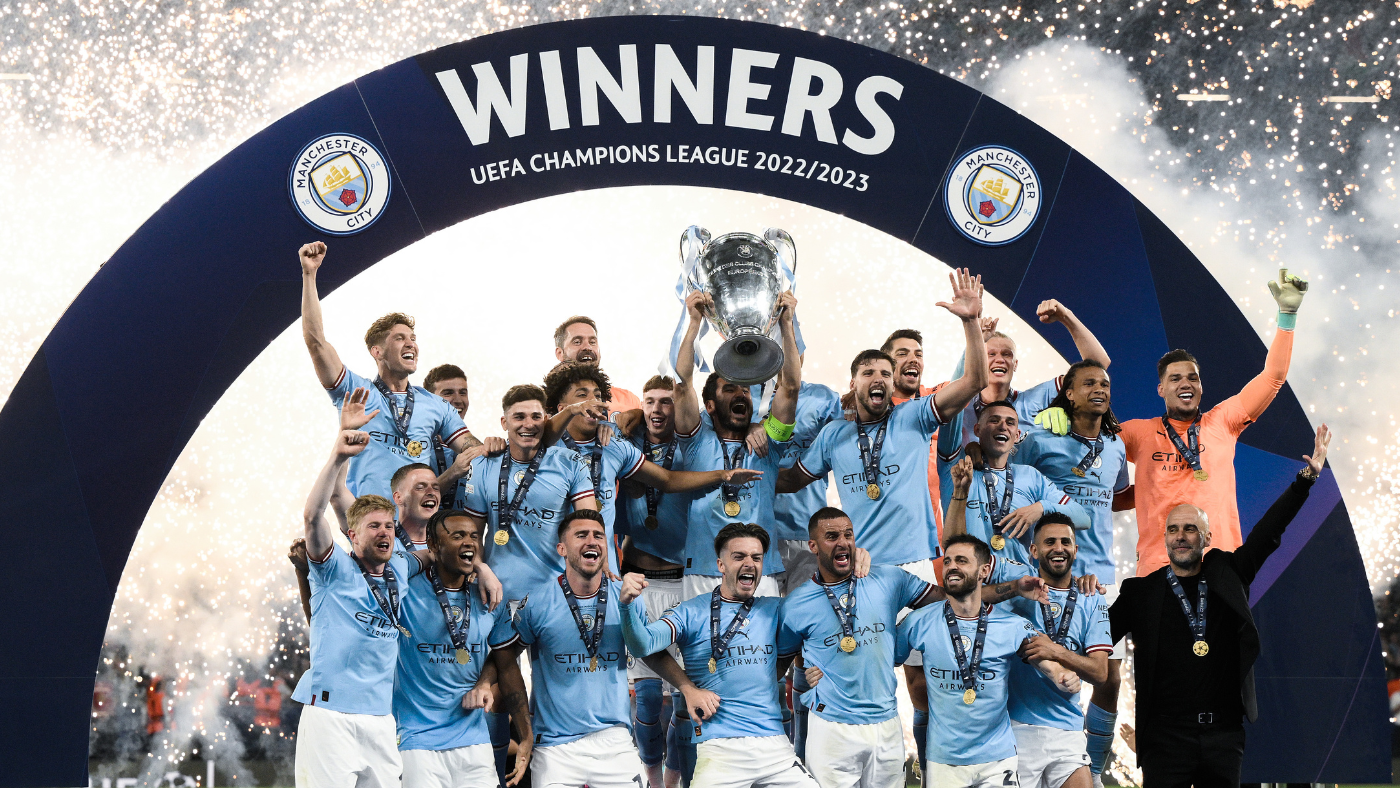The moment name, image and likeness rights became a reality for college basketball players, the G League Ignite’s pursuit of high school graduates became much more difficult. As five-star prospect Jalen Duren recently explained, he — unlike Jalen Green and Jonathan Kuminga before him — didn’t have to choose between making real money in the G League or enrolling in college for little more (at least legally) than a scholarship and cost of attendance stipend. Whatever the G League was offering — and it was reportedly a one-year contract worth $1 million — Duren knew he could make that same amount or more in college.
And he will. At Memphis.
Which suggests that name, image and likeness rights really are going to be responsible for luring some high school graduates to college basketball who might’ve otherwise skipped college basketball, and that’s a great thing for college basketball. But what happens when another professional option emerges and starts targeting prep prospects for whom enrolling in college isn’t yet an option? Because that’s what Overtime Elite is doing, and I completely understand why young prospects, and their parents, are receptive.
For those unfamiliar, Overtime Elite describes itself as a “transformative new sports league that offers the world’s most talented young basketball players a better pathway to becoming professional athletes.” It’s based in Atlanta and will feature up to 30 high school juniors and seniors each year — and each player will be guaranteed a minimum salary of $100,000, be free to earn revenue from their name, image and likeness rights, get full healthcare coverage and disability insurance and complete what’s been labeled a “rigorous” and “highly personalized” academic program.
The wealthiest human in the world (Jeff Bezos), one of the biggest hip-hop stars in the world (Drake), and perhaps the greatest basketball player in the world (Kevin Durant) are among the financial backers. So this is a very real thing with serious money behind it — and, just last week, they ensured two more of the top prospects in the Class of 2022 will never play college basketball. On Wednesday, Overtime Elite signed five-star prospect Jazian Gortman to a one-year contract reportedly worth $650,000. Then, on Friday, Overtime Elite signed four-star prospect Bryce Griggs to a two-year contract reportedly worth $1.2 million.
(Yes, a four-star guard just signed a $1.2 million contract.)
Now I’m not going to sit here and pretend that I understand how it makes sense to give a prospect ranked in the 40s of his high school class $1.2 million to spend two years in a fledgling league. But people a lot wealthier than me, and a lot smarter than me, are the ones making these decisions. So, for the sake of this column, I’ll just assume they know what they’re doing, if only because, as it pertains to college basketball, it doesn’t really matter if they know what they’re doing. The only thing that matters is that they’re doing it.
And why wouldn’t anybody listen?
Again, Overtime Elite is not targeting high school graduates who now have the option to soon enroll at Duke, Kentucky, North Carolina or Kansas and immediately capitalize on their name, image and likeness rights to the tune of hundreds of thousands, if not millions, of dollars. Overtime Elite is aiming lower. Griggs, for instance, wasn’t eligible to enroll in college for another year. So his options were to make $600,000 this year training and developing with Overtime Elite or just play high school basketball for nothing.
What would you do?
Perhaps you would actually stay the course, do one more year of high school, and then enroll in college and capitalize on your name, image and likeness rights before, theoretically, entering the NBA Draft after one season. Different people are motivated by different things. I acknowledge that. But $600,000 is a lot of money for a high-schooler to reject. That kind of money can pay off a home, clear credit card debt, put siblings in private schools, etc. And for a prospect like Griggs — i.e., someone for whom NBA riches are unlikely based on where he’s ranked in his high school class — passing on a $1.2 million deal from Overtime Elite is an even riskier proposition because it really might be the biggest contract he’s ever offered.
So I get it.
I’m not surprised he made the decision he made — nor will I be shocked when other elite high school sophomores and juniors make the same decision for as long as Overtime Elite is offering these kinds of contracts to these kinds of prospects. It’s important to remember that college basketball endured just fine without ever enjoying Kobe Bryant, LeBron James, Dwight Howard and many other eventual NBA stars, so any suggestion that the sport will be damaged to any noticeable degree because 20 to 30 prospects most Americans have never heard of decide to skip college is largely ridiculous. But, that said, whatever college basketball might’ve gained in terms of securing talent from name, image and likeness rights becoming a reality appears likely to be offset by Overtime Elite turning 16 year-old and 17 year-old prospects into professionals.
Bryce Griggs was just the latest to cash-in.
He will not be the last.



